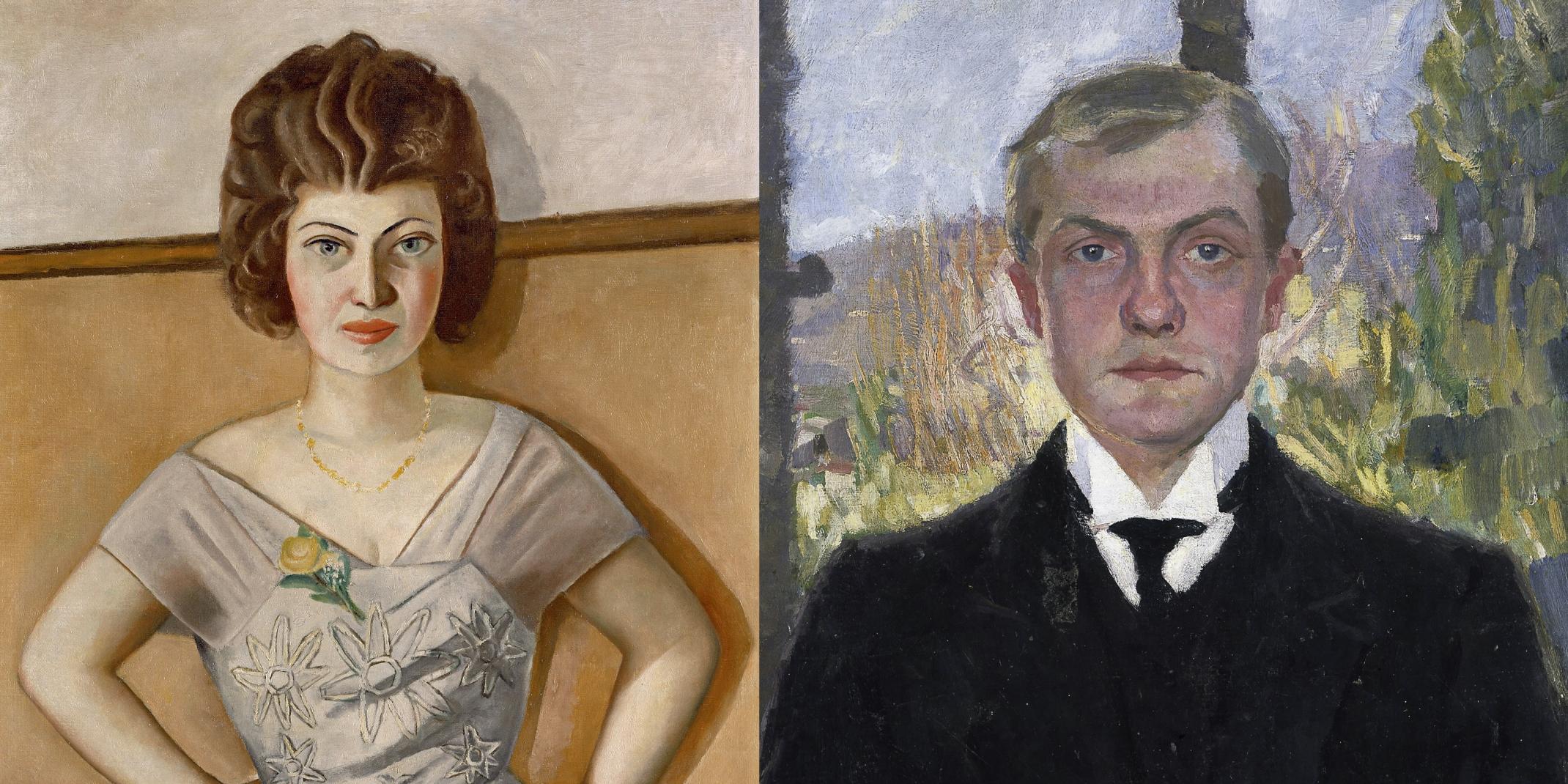Max Beckmann

Press information
Extended until 14 March 2021
Max Beckmann: feminine-masculine is the first exhibition to examine in detail the often contradictory roles played by women and men in the works of Max Beckmann (1884–1950), one of the great artists of modernism and a potent interpreter of his times. With some 140 paintings, sculptures and works on paper, the show demonstrates the impressive breadth of this subject area in the artist’s œuvre while enabling viewers to come to a deeper understanding of Beckmann’s multifaceted art. Important loans from public and private collections in Germany and abroad – including the Max Beckmann Estate, the Städel Museum, Frankfurt on the Main, the Saint Louis Art Museum, Missouri / USA, and the Stedelijk Museum in Amsterdam – supplement the Hamburger Kunsthalle’s extensive Beckmann holdings.
The exhibition explores both the historical significance of Beckmann’s paintings as well as their relevance in today’s world. His incisive self-portraits, his double portraits with his wives, the stately likenesses of his sponsors and patrons as well as his mythological and biblical figure paintings compellingly evoke basic constants of human togetherness: desire, devotion and conflict, power and powerlessness, the urge for freedom and the longing to become one with another human being.
Beckmann both exaggerated and blurred gender roles; he discovered tenderness in both female and male figures, power in the heroine as well as the hero. Fascinated by the myths of different cultures, he was familiar with the age-old notion that male and female once split off from a single, androgynous gender and are doomed to yearn forever to be reunified. The artist also read and commented on contemporary writings by Carl Gustav Jung and Otto Weininger that are still the subject of frequent discussion today and which explain individuality as a combination of female and male elements. Beckmann nonetheless liked to style himself as a manfully resolute interpreter of the world, an image that to this day dominates the reception of his work, hindering a more open understanding of his many-layered art.
Accompanying the exhibition are a richly illustrated scholarly catalogue (Prestel Verlag, Munich), an audio guide and regular theme-based guided tours (Saturdays at 3 pm). The museum education offerings uncover multiple perspectives on Beckmann’s art and enable visitors to take part in an onsite dialogue between the curator and further experts (for example on gender research). On 15 January 2021, the Kunsthalle will also host a public, international symposium on Beckmann's multifaceted examination of the topic of »femaleness and masculinity«. Champagnetasting seminars, featuring Beckmann’s favourite drink, round off the programme.
The exhibition Max Beckmann: feminine-masculine is a true highlight on the Hamburger Kunsthalle’s agenda for 2020. It represents a further instalment in a series of highly acclaimed exhibitions devoted to Beckmann’s art, including Self-Portraits (1993), Landscape as Stranger (1998) and Max Beckmann: The Still Lifes (2014).
Supported by: Ministry of Culture and Media Hamburg, Freunde der Kunsthalle e. V., Martha Pulvermacher Stiftung
The symposium on the exhibition will take place in cooperation with: Kulturstiftung Franz Dieter und Michaela Kaldewei
Haspa-Gallery:
Hamburger Sparkasse has shown great commitment to the Hamburger Kunsthalle for many years. In appreciation for this generous support, the second floor of the Gallery for Contemporary Art, where the exhibition is shown, has been named »Haspa-Gallery«.
